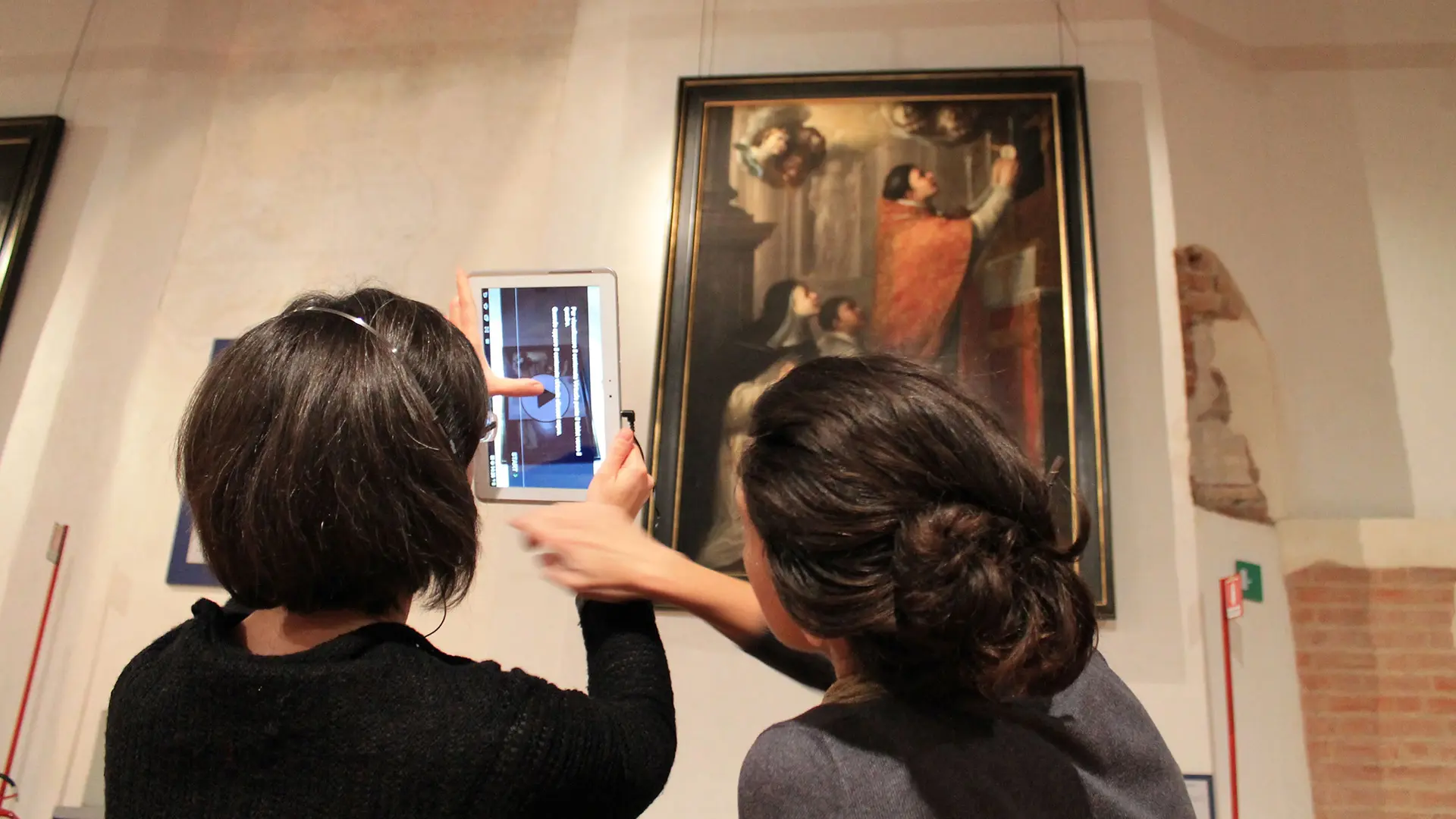DeCH
Design for Cultural Heritage

DeCH
Design for Cultural Heritage

DeCH. Design for Cultural Heritage develops knowledge, research and design in the field of cultural heritage understood in a broad sense (collections, museums, archives, art, tangible and intangible assets, territories, cultural systems, up to new contemporary cultural assets such as the complex dimension of the city, cultural venues, events and creative enterprises, contemporary cultural production) in order to innovate models of preservation, active dissemination and development in a sustainable way.
The research group explores the potential of design throughout the entire cultural heritage valorisation chain, from theoretical-critical reflection to the cataloguing, management and development of strategies, methods, processes, spaces, products, communication systems, technologies and services. The activity aims to outline new scenarios and paradigms of fruition, with a focus on accessibility, participation and co-creation for cultural heritage and systems.
DeCH stands for an innovative vision of heritage, conceived as a cultural ecosystem that includes communities of holders, practices and stakeholders, with whom to co-design and co-create plural and equitable processes of sustainable development, social cohesion and entrepreneurship through heritage activation. It adopts a humanistic approach to technologies (from digitisation to advanced technologies such as VR, AR and AI), using them as tools to put safeguarding needs and people at the centre, generating transformative experiences and models for users, institutions and cultural organisations.
The research group is transversal in nature, including different skills and specialisations ‘applied’ to heritage including:
- Exhibition design and museography
- Art & Design
- Design, cultures and practices for territories and communities
- Design and museum accessibility
- Design and narratives for heritage
- Design and representation for heritage
- Design for intangible heritage
- History of architecture and design sources
- Culture driven projects and strategies
- Art history
- Digital technologies, multimedia languages and interaction design
Research projects
MeLa. European Museums in an age of migrations
Project detailsIl design dei beni culturali per i progetto E.CH.I-Etnografie italo-svizzere
Project detailsHumanitiesDesign Lab
Project details